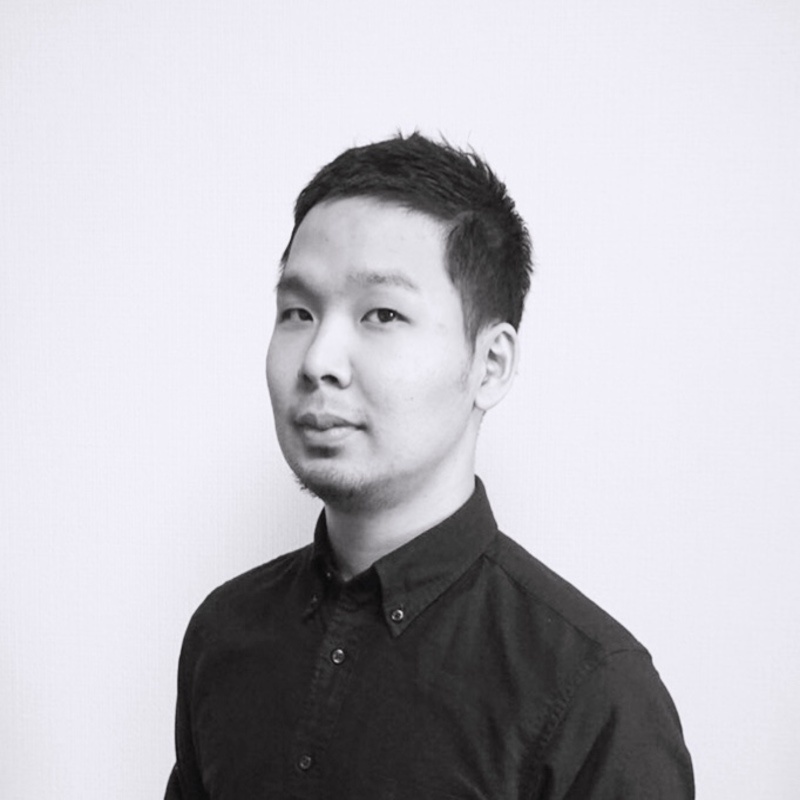Recently, web application engineers have more opportunities to work with data scientists than before. At the same time, they are often faced with the research-oriented code written by researchers or data scientists. In order to integrate this code with systems such as APIs, web application engineers need to additionally write the code or refactor it.
This talk covers the gap between the research-oriented code and production code of machine learning API. What is the gap between them? How it can be implemented based on real-world python code? How can the code validate whether the dataset is correct? How can machine learning models be continuously inspected? Audiences can earn the answers to these questions from this talk.
This talk tries to identify the gap between the codes wirtten by data scientists and python engineers. The code written by researchers or data scientists for developing AI/ML products is called as a research-oriented code in the talk. Then, this talk suggests the ways to transform the research oriented code into machine learning APIs with Python in production level. There are four points which are the way to 1) increase readability of the research oriented code, 2) modulate I/O processing code and parameter validation code, 3) automize checking readability and parameter validation, and 4) set up production-like environments and check real code behaviour. These are talked based on the real python code and the demo of the tools used for acheiving the goal.
